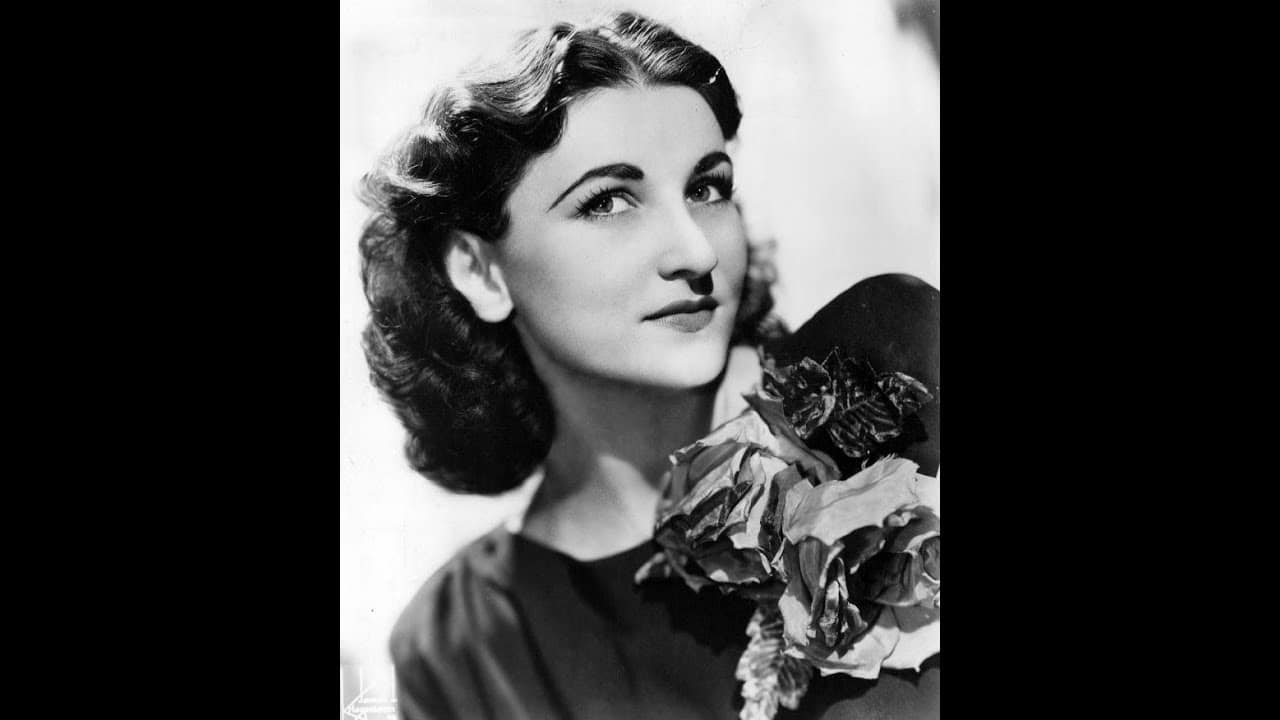The Met bans veteran critic
mainThe author Joseph Horowitz who, by his own count, has ‘written more about Wagner at the Met than any other living human being’, was refused press tickets to Parsifal, the first time in 40 years that he has been excluded.
He thinks it might have something to do with a recent piece he wrote about James Levine.
Right now, Joe is worried that the Met and its Times-puppies are creating a new cult of hero worship around Yannick Nézet-Séguin.
The performance (I attended Saturday night) ignited a lusty ovation that peaked when Nezet-Seguin took the stage – and suddenly ended. A response to received opinion.
Our new music director is not yet 45 years old. Whether he grows into the big Wagner works remains to be seen. But I fear that, with the disappearance of Levine, a new cult may already be upon us.
Read on here.






Comments